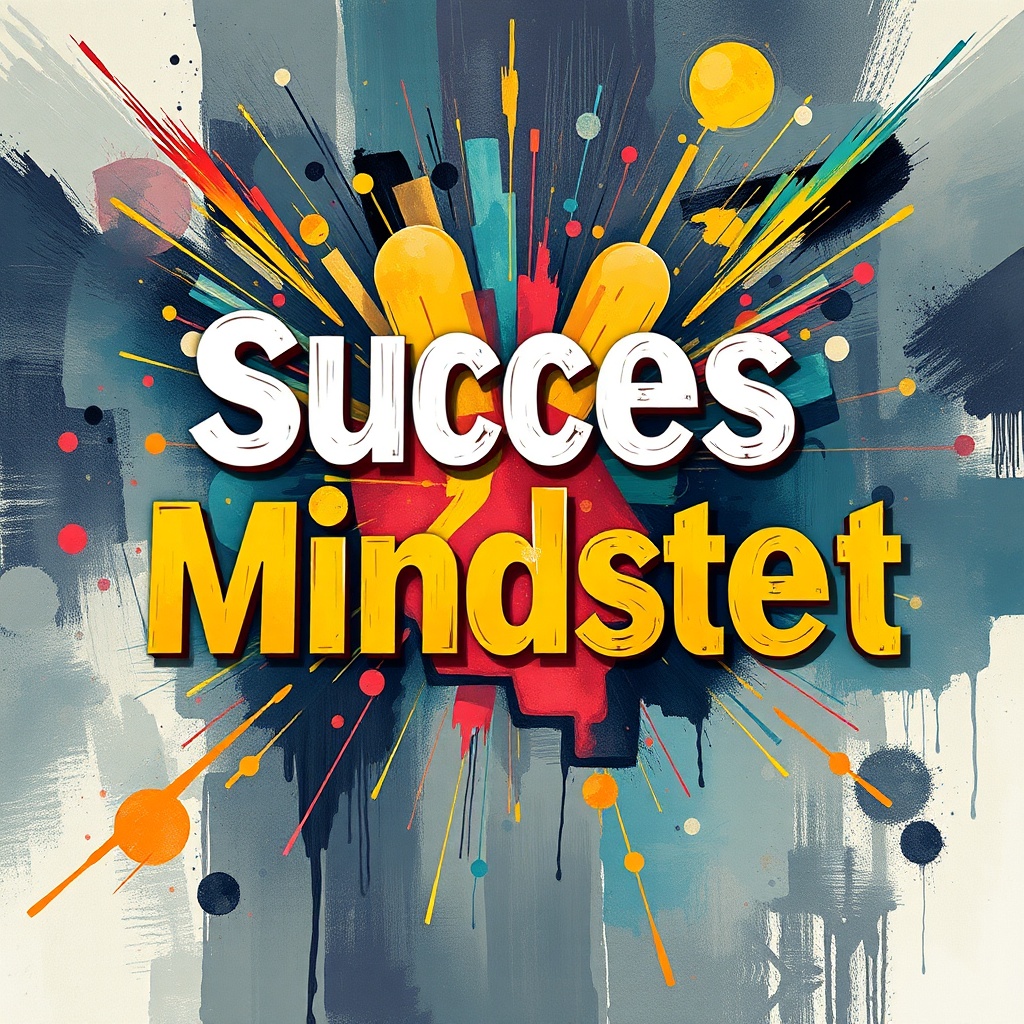Success mindset isn’t a personality trait you’re born with — it’s a set of habits, beliefs, and mental practices you can build intentionally.
People who consistently reach meaningful goals focus less on talent and more on processes: how they learn, recover from setbacks, and structure daily routines to support progress. Shift a few core habits and your capacity for achievement expands.
Core mindset shifts that matter
– Embrace growth thinking: Replace “I can’t do this” with “I can’t do this yet.” Framing challenges as opportunities to develop keeps motivation steady and reduces fear of failure.
– Prioritize learning over proving: When your aim is mastery, mistakes become data, not indictments. That reduces anxiety and frees your focus for sustained improvement.
– See setbacks as feedback: Ask “What did I learn?” after a setback. That reframes obstacles into experiments that refine strategy.
Daily practices that produce momentum
– Micro-goals: Break larger objectives into 15–60 minute tasks.
Small wins build confidence and create measurable momentum, making big goals less overwhelming.

– Consistent review: Spend 10 minutes at the end of each day noting wins, obstacles, and one adjustment for tomorrow. Regular reflection accelerates learning.
– Energy hygiene: Productivity follows energy more than time. Prioritize sleep, movement, and focused breaks so your best work aligns with your peak energy windows.
– Deliberate practice: Isolate the most impactful sub-skills for your goal, then practice them with feedback. Quality beats quantity when the effort is targeted.
Language and self-talk
Words shape behavior. Replace vague affirmations with specific commitments (e.g., “I will write 500 words before lunch”). Use empowering language that names actions rather than describing fixed traits.
Notice negative self-talk and treat it like data — who is that voice, what’s its fear, and what evidence contradicts it?
Design your environment
Small environmental tweaks reduce reliance on willpower. Keep tools you need for productive work within reach, and remove cues that trigger distractions. Use visual reminders of progress—checklists, progress bars, or a simple calendar streak—to reinforce consistency.
Build social scaffolding
Accountability accelerates follow-through. Share specific milestones with a trusted peer, join a focused group, or hire a coach for higher-stakes goals. Surrounding yourself with people who model the behaviors you want makes those behaviors feel normal and achievable.
Handling fear and perfectionism
Perfectionism often masquerades as standards. When perfection blocks progress, set “good enough” guardrails: a minimum viable version to test, a time cap for tasks, and a rule to ship work before refining excessively. Use exposure to gradually increase tolerance for discomfort—each small risk expands confidence.
Measure what matters
Track progress with outcome and process metrics. Outcomes show the destination; process metrics show whether you’re moving the right way.
If results stall, adjust systems before judging willpower.
Sustain growth with rituals
Rituals remove decision friction.
Morning routines that prime focus, weekly planning sessions, and end-of-day shutdown rituals protect your creative capacity.
Rituals preserve momentum on days motivation dips.
Success mindset is neither mystical nor instant. It’s a practical framework composed of repeatable choices: how you respond to setbacks, how you structure your days, and how you treat your own learning curve. Start small, iterate often, and let consistent, well-designed habits compound into meaningful achievement.